
Cloud City BRICS Urban Future Forum wrapped up in Moscow, where experts gathered on September 18 and 19 to discuss the future of sustainable development in megacities within the member countries. Also at the event, Moscow was honored with the World Innovation Award. Additionally, during the forum, several prestigious rankings were released. Moscow ranked first among the top five BRICS cities for technological and spatial development, placed third in the BRICS-250 rating, and was also featured in the top ten list of the HSE Global Cities Innovation Index, as compiled by the National Research University Higher School of Economics.
The Forum was traditionally chaired by Nobel Peace Prize laureate Rae Kwon Chung. During the event, he often highlighted Moscow's achievements in tackling environmental challenges.
"We should all learn from Moscow and Russia. In my opinion, BRICS Urban Future Forum has been instrumental in sharing these lessons and successful management cases. In my perspective as a climate change expert, exchanging experiences and learning from other cities is incredibly valuable," said Rae Kwon Chung.
The Forum was visited by 24 delegations from 21 countries, with attendees coming to the Russian capital from South Korea, China, India, the UAE, Brazil, Turkey, South Africa, and various other nations.
The Forum featured several keynote speakers, including Maimunah Mohd Sharif, Mayor of Kuala Lumpur and former Executive Director of UN-Habitat; Jeffrey Sachs, the world's most influential economist according to The Economist and the New York Times, who serves as an advisor to the UN Secretary-General; Daron Acemoğlu, an economist and professor at the Massachusetts Institute of Technology; Sheikh Rashid bin Abdulrahman bin Rashid Al Khalifa, Governor of the Capital Province of Bahrain; Thomas Südhof, winner of the Nobel Prize in Physiology or Medicine 2013;
American economist Jeffrey Sachs noted during his speech at the Forum that the BRICS countries will soon host more than half of the world's megacities, and the members of the group are seeing impressive results from their collaborative efforts.
"There is cooperation between the BRICS countries. BRICS is a group that really works together. That's amazing. But I would also like to see that kind of interaction between the United States and Russia, as well as between the United States and China. So that instead of having two opposing camps that further divide the world, we could have cooperation. But there definitely is none," mused Jeffrey Sachs.
During the Forum, experts and participants exchanged their experiences in developing innovations, implementing artificial intelligence and augmented reality technologies in urban solutions, advancing "smart city" technologies, and achieving successes in creating cloud services.
The Forum also addressed the threats posed by high rates of urbanization and rapid technological development. Daron Acemoğlu, an economist and professor at the Massachusetts Institute of Technology, voiced concerns about the integration of artificial intelligence into the daily life of megacities.
"It's been proven that AI-assisted decision-making tools don't make the process more efficient. AI models often lack sufficient information and make mistakes. But even when they do have quality data, such technologies demotivate people and undermine their desire to be creative," Daron Acemoğlu stated.
Alongside discussions about opportunities and threats, the Forum traditionally honored megacities and their leaders for their contributions to sustainable development and tackling environmental issues during the World Innovation Award ceremony. The award emphasizes the importance and priority of technological advancements in achieving sustainable development. Nobel Peace Prize laureate Rae Kwon Chung presented the award to Moscow Mayor Sergei Sobyanin. Experts named Moscow the best in the "Sustainable Cities and Communities" category for its efforts in implementing innovative sustainable technologies across land, water, and air. Russia's capital was awarded for three projects, including the Pixel cleaning robot, Moscow's municipal fleet, and the city's environmental monitoring laboratories.
During the Cloud City BRICS Urban Future Forum, the top five cities from the BRICS countries were announced based on the Urban & Innovation Environment Index. This index, put together by a consortium of research organizations from China, India, and Russia, evaluates cities on their capacity to provide residents with convenient access to a wide range of physical and digital services. Moscow secured the top position in the ranking, maintaining its standing from the previous year. Shanghai, St. Petersburg, Beijing, and Guangzhou were also among the leaders.
International experts pointed out Moscow's well-balanced spatial development and the easy access residents have to a variety of city services. They also highlighted the city's adoption of new tech









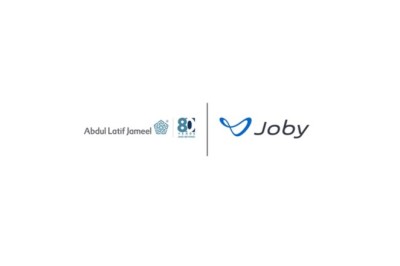
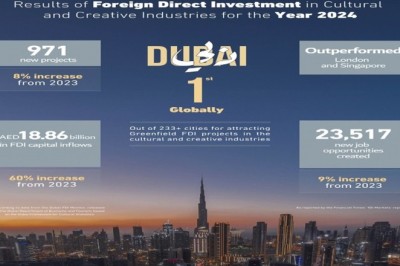
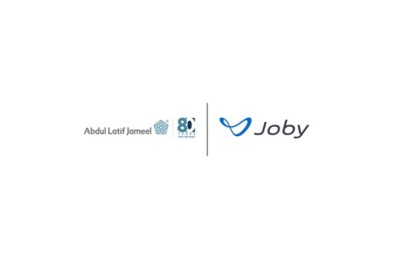
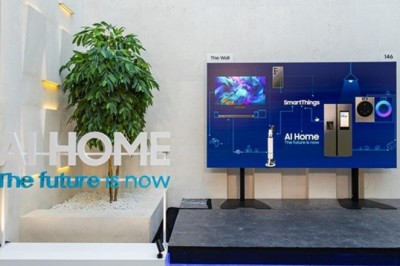

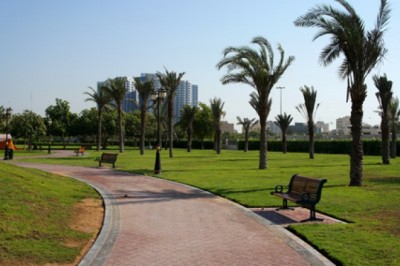




Facebook Conversations
Disqus Conversations